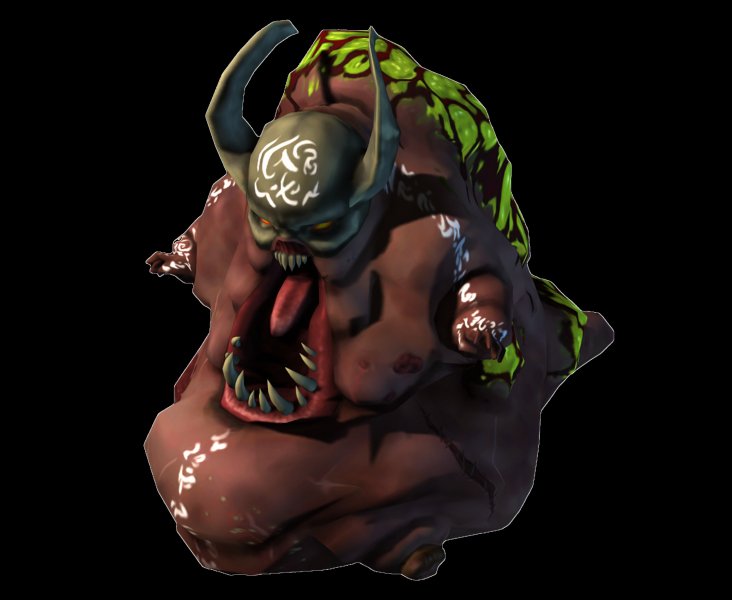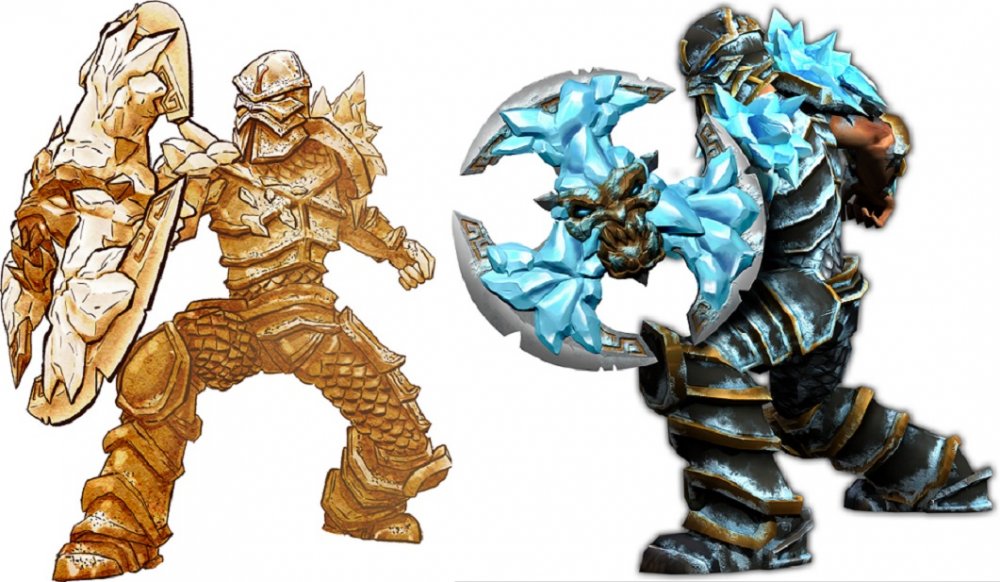
An early rendering of Graw... He didn't get prettier in later iterations, but he did LOOK better
Things begin to get difficult
We didn’t get anything from the funding programme, of course. And to make matters worse our free office lease at the university was about to end. One morning, a teacher mistakenly walked into the classroom and found a room full of computers, dirty dishes, mattresses, and a couple of surprised game developers wearing only boxers and toothbrushes. A few hours later, we were officially requested to leave the premises immediately.
We ended up googling the “Cheapest place to live in Denmark”, and result number three that came up was a place called Karlslunde - one of the outermost suburbs of Copenhagen. A quick meeting was called. Were we ready to move to Karlslunde to be able to continue with the game? Yes, we were!
But the decision to move into a suburban house also brought a new level of seriousness. People now had to pay rent, so there was no more freeloading. When we agreed to move, we had also agreed that we understood that this project would cost us something. And with this seriousness, we also took the first step towards professionalism.
Not that we had any money in the company to start with. So instead of salary, we were each promised a small cut of the potential revenue from the game, with the understanding that most of the revenue would go to the company itself to get it up and running and ready to produce the next game as a normal game studio would. The financial crisis had just hit Denmark at this point, so an actual paying job in the games industry was about as likely as a blue rabbit. So we thought about it as if we were building our own jobs, or at least making sure we were getting relevant experience until the crisis would blow over.
Long days and revolving doors
The days in Karlslunde was probably the hardest part of the development of Forced. Not only did we go through numerous iterations of the game. At one point, the whole of the combat system was dropped and had to be rebuilt from the ground up, which ended up cascading through the rest of the pipeline since this meant new skills, new graphic effects for these skills, new audio for them etc.
There is no doubt that these changes made Forced a much better game. But when you’re right in the middle of it, and you are finally beginning to see some light at the end of the tunnel, it can be incredibly hard to see that goal being moved further out into the future with no certainty that it might not be moved even further again. Another thing we learned during this period is how difficult it is to strike the balance between improving things, and leaving them as they are. Especially since we were actually getting much better at our craft in this period. This meant that we could always go back and improve what we had already done, since now we could make it even better, but moving back wasn't moving forward.

From concept to rendering - the Frost Shield weapon
The thing is is that a game is never really finished. You just stop working on it at some point when you believe it’s reached the level where you want it to be. The lure of the perfect game is dangerous, but at the same time, you also have to make sure, that your game is good enough to stand above the competition. The balance between these is the key. Something that can be difficult to get your head around the first time - especially if you’re deep in the trenches.
It was also in many ways a maturing process - not just for the game, but also for the team. We learned that there is a big difference between working together on a project for fun, and doing it as a professional developer. The people who are your best friends might not be the ones best suited for the project, which lead to some very hard decisions regarding who should remain on the project, and who should not. On top of this, the combination of no salary, uncertain future, and working in a desolate suburb also took it’s own toll on the team. Happily, most were actually able to find paying jobs in the industry, showing us, that our idea about educating ourselves through self-employment was not completely crazy.
But there were also days of glory in Karlslunde; like the day where we actually did receive funding from the national games programme. This proved to us that we had improved immensely and that others could see the potential in Forced. It also secured basic funding for running the administrative side of things.